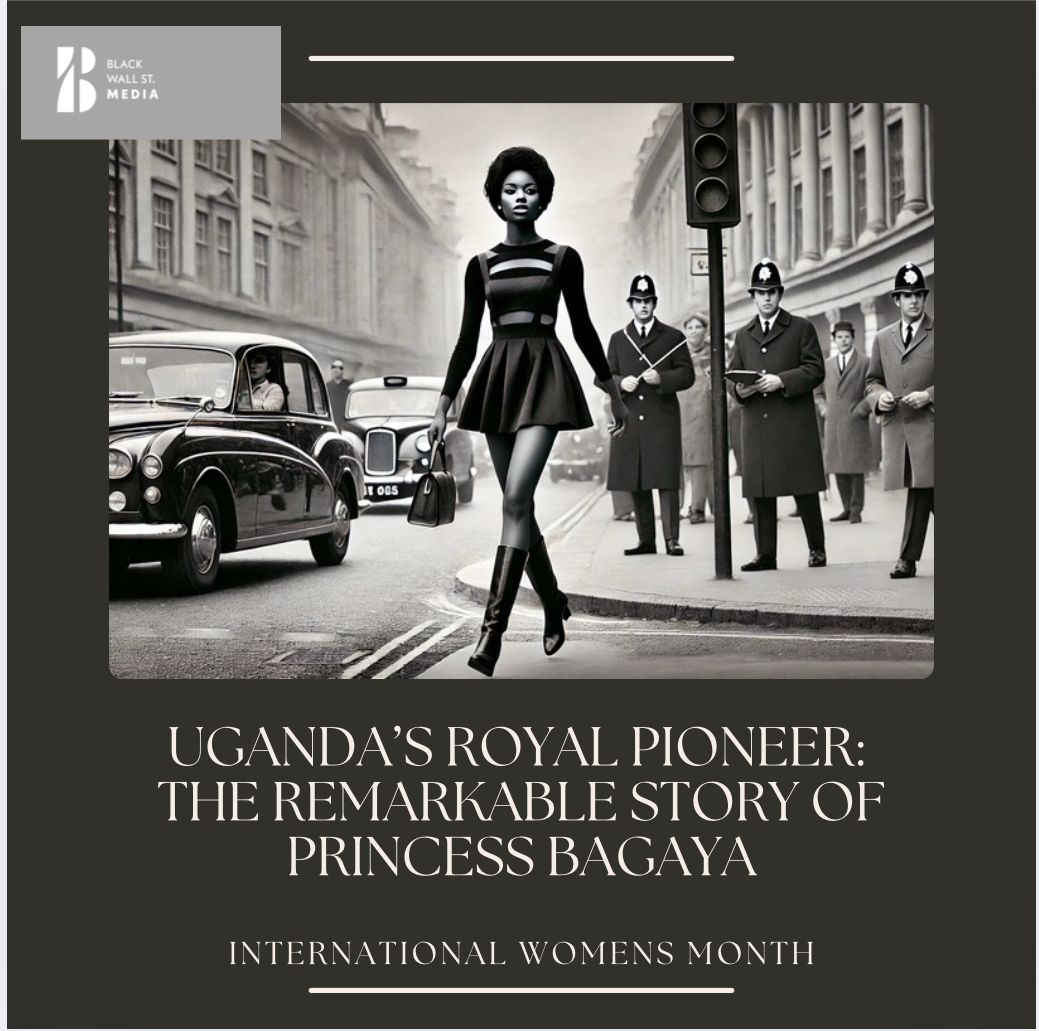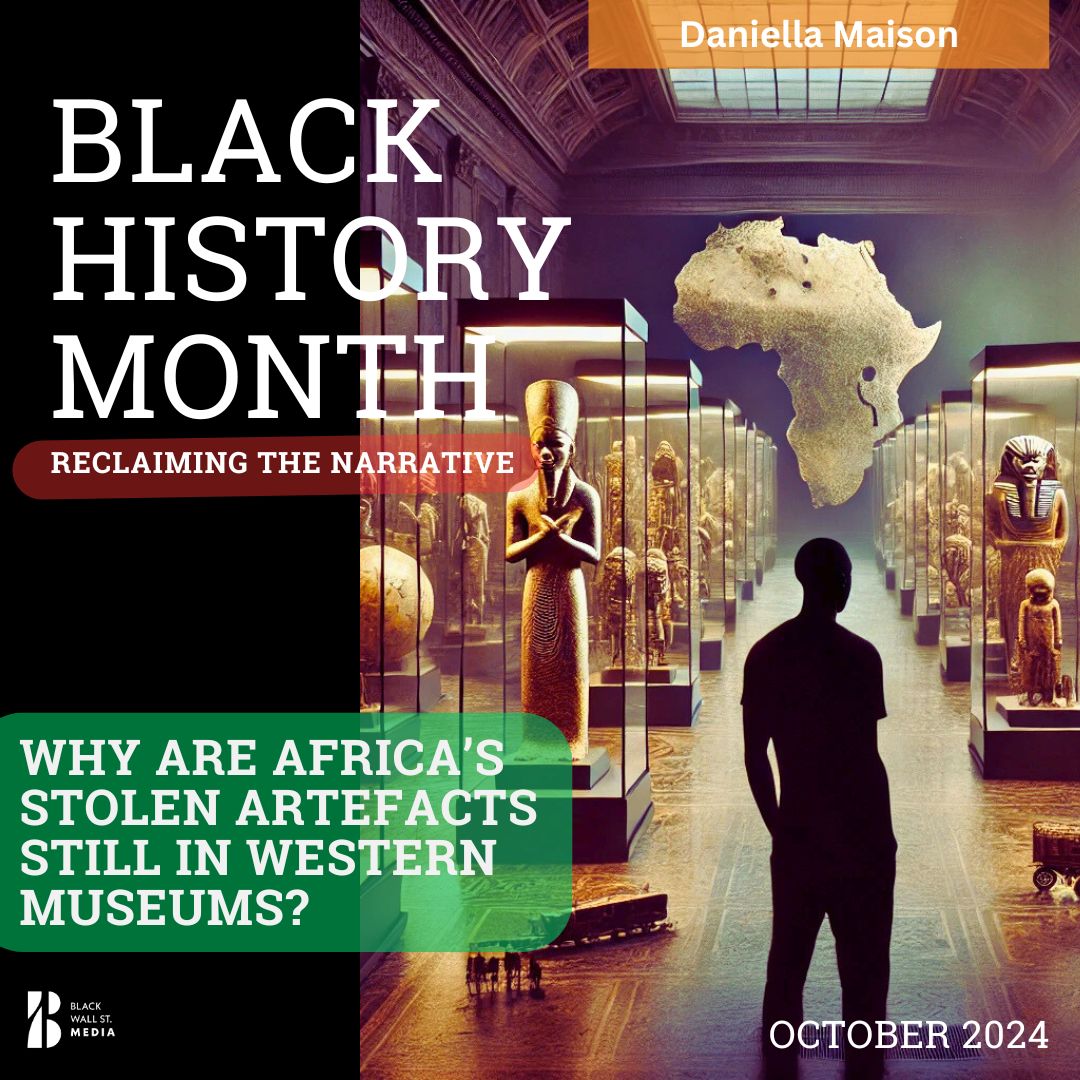History
A French Windrush. A Forgotten Legacy
“From 1963 to 1982, France quietly relocated over 160,000 citizens from its overseas territories under a program called BUMIDOM—promising opportunity, but delivering exploitation.
BWSMCONTRIBUTOR
Our latest article explores how this lesser-known chapter mirrors Britain's Windrush scandal—and why it's time France reckons with its own colonial past.”
In recent years, the UK’s “Windrush scandal” has triggered waves of public outrage and institutional reckoning.
At its heart, the scandal exposed how Black Caribbean citizens—who were invited to Britain after World War II to fill labour shortages—were later criminalised and deported from the country they helped rebuild.
But across the Channel, a parallel history has remained far less known. France, too, had its Windrush. And its name was BUMIDOM.
Between 1963 and 1982, the French government orchestrated the migration of approximately 160,000 people from the overseas territories of Guadeloupe, Martinique, Réunion, and French Guiana to mainland France. The Bureau pour le développement des migrations dans les départements d’outre-mer (BUMIDOM) promised opportunity and progress.
In practice, it often delivered exploitation, assimilation, and displacement. “French Citizens” in Name, Not in Treatment The people of these territories were not immigrants in the traditional sense.
Following the Loi de la départementalisation of 1946, these Caribbean and Indian Ocean islands were transformed from colonies into official French departments.
Their inhabitants became French citizens, with full legal rights. But legal equality did not translate into real parity.
In the post-war years, France’s economic boom—later dubbed the Trente Glorieuses—required an influx of cheap labour. At the same time, the overseas territories were grappling with high unemployment, poverty, and political unrest.
Afraid that revolutionary sentiment might lead to demands for independence, the French state sought to ease tensions by exporting its “problem”: the youth. Michel Debré, the then-Prime Minister and later MP for Réunion, spearheaded the formation of BUMIDOM in 1963.
On paper, the office was a progressive institution fostering mobility and opportunity.
In practice, it was a highly racialized system designed to re-engineer and discipline a population perceived as culturally backward.
Young men and women were subjected to physical and psychological assessments to determine their suitability for integration.
Though legally French, many were treated as foreigners—questioned about their language skills, their perceived “Frenchness,” and their ability to assimilate into white society.
Modernity Through Assimilation The BUMIDOM project was underpinned by a civilizing logic. Caribbean and Réunionese women were recruited not only for labour but to become vessels of “modern” French values.
Sent to training centres like Crouy-sur-Ourcq, they were taught to cook French cuisine and run households the Parisian way, before being dispatched into healthcare and domestic service.
Men were sent to construction sites in Simandres and Marseille, or into administrative jobs. But as the French economy stalled in the early 1980s, these migrants were left vulnerable, and the program was quietly dissolved.
What was framed as an act of benevolence turned into a tale of neglect and institutional betrayal.
“Enfants de la Creuse”: France’s Hidden Deportation Perhaps the darkest chapter in the BUMIDOM story comes from Réunion. From 1962 to 1984, over 2,000 children, some orphans but many taken from their families under false pretenses, were forcibly relocated to rural, depopulated areas of mainland France, particularly La Creuse.
The goal? To “repopulate” the French countryside.
The children, known as the “Enfants de la Creuse”, were often subjected to abuse, forced labour, and cultural erasure. Many were told their families had abandoned them.
Their identities were suppressed, their languages erased, and their ties to their heritage severed. It wasn’t until decades later, in the early 2000s, that lawsuits began to surface, demanding accountability from the French state. In 2018, a government-commissioned report by sociologist Philippe Vitale acknowledged the trauma inflicted but downplayed official responsibility.
Proposals such as museum exhibits, memorial days, and subsidized return flights have been put forth—but survivors and their advocates argue that these gestures fall short of justice.
Cultural Reckonings and the Fight for Recognition The tragedy of BUMIDOM has begun to emerge in French public consciousness, largely through literature, film, and art. Christian Faure’s 2018 television drama “Un rêve français” (A French Dream) humanises the story through the lens of a Guadeloupean couple trying to make a life in Paris.
The critically acclaimed graphic novel “Péyi an nou” by Jessica Oublié and Marie-Ange Rousseau, which won the “Prix du livre politique,” delves into the lived histories of BUMIDOM families through a deeply personal and political lens.
Writers like Maryse Condé, one of the Caribbean’s foremost literary voices, have also weighed in, calling for deeper reflection on France’s colonial legacies and the present-day consequences of assimilationist policies.
A Call for Historical Justice While BUMIDOM migrants were not hauled off to detention centres like their Windrush counterparts in the UK, their racialised marginalization and cultural erasure were no less damaging.
Many spent their lives navigating social invisibility, economic hardship, and cultural alienation—torn between two worlds, never fully accepted by either. In a world increasingly reckoning with its colonial past, it is time France fully acknowledges the scale and impact of BUMIDOM.
This means more than commemorative plaques or return flights. It means financial reparations, psychological support, public education, and a formal apology from the state.
The BUMIDOM generation helped build post-war France, staffed its hospitals, raised its children, and laid the bricks of its modern cities. For too long, their story has been silenced.
Now, as France grapples with questions of identity, citizenship, and race, remembering their legacy is not just a historical duty—it is a moral imperative.
Their dream of France should never again become a nightmare.





























































